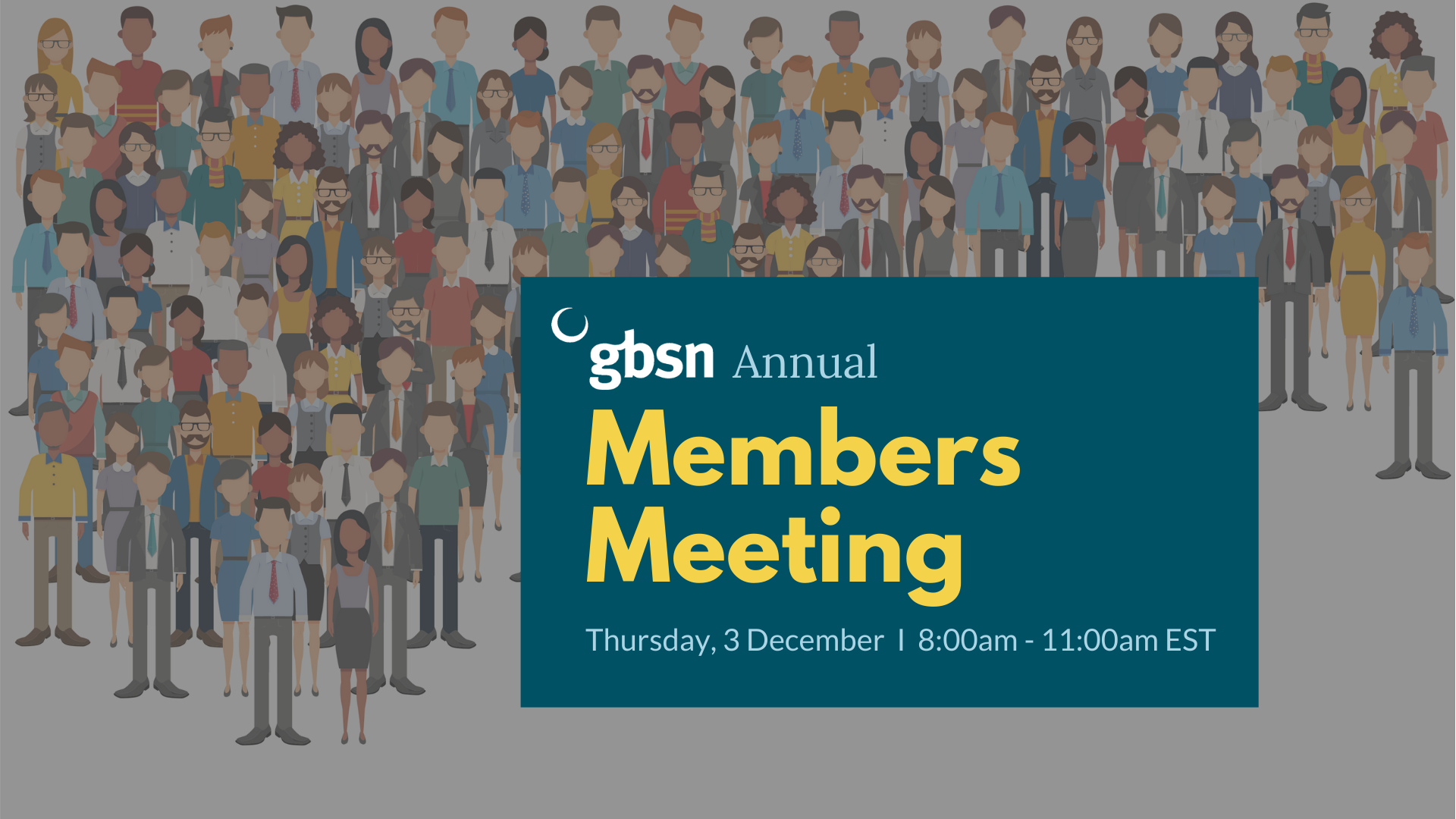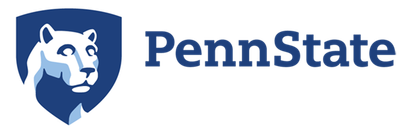
WDI Publishing and the University of Michigan’s Ross School of Business are accepting submissions for the Diversity, Equity & Inclusion (DEI) Global Case Writing Competition. Entry forms are due by November 23, 2020, and final submissions are due by March 24, 2021.
Competition Overview
WDI Publishing and the University of Michigan’s Ross School of Business and its Sanger Leadership Center are joining together to launch the Diversity, Equity & Inclusion (DEI) Global Case Writing Competition. Open to university students and educators from around the world, this competition is seeking academic case studies about a DEI-related business dilemma within one, or across multiple, business disciplines. It is designed as a catalyst to generate new teaching materials that increase student understanding and inspire critical thinking for implementing effective DEI within businesses and organizations across the globe.
The contest is divided into two tracks, each of which will award prize money of $10,000 for first place, $5,000 for second place and $2,500 for third place, and an honorable mention, as deemed by the competition judges. The top three winners for each track also will be honored with the publication of their cases by WDI Publishing or the Sanger Leadership Center.
The competition’s first track involves the creation of a traditional business case study and an accompanying teaching note. The second track requires a submission for the Sanger Leadership Center’s flagship Leadership Crisis Challenge. An LCC case is based on a traditional case study, however, is written and designed as a real-time, role-playing event that offers students a rigorous opportunity for action-based learning.
Details on Eligibility
- Individual students or student teams (graduate or undergraduate) may enter but must enter in collaboration with a faculty member or instructor from an accredited university/college, in the U.S. or internationally.
- Individual faculty/instructors or teams from an accredited university/college (in the U.S. or internationally) may enter.
- Others may enter, but must do so in collaboration with a faculty member or instructor from an accredited university/college, in the U.S. or internationally.
Application Information
To apply, visit: https://wdi-publishing.com/dei-competition/
Key deadlines and dates:
- Nov. 23, 2020: Entry forms due. (Entry form only, NOT final submissions.)
- March 24, 2021: Final submission documents due.
- June 2, 2021: Public announcement of winners.
More Information









